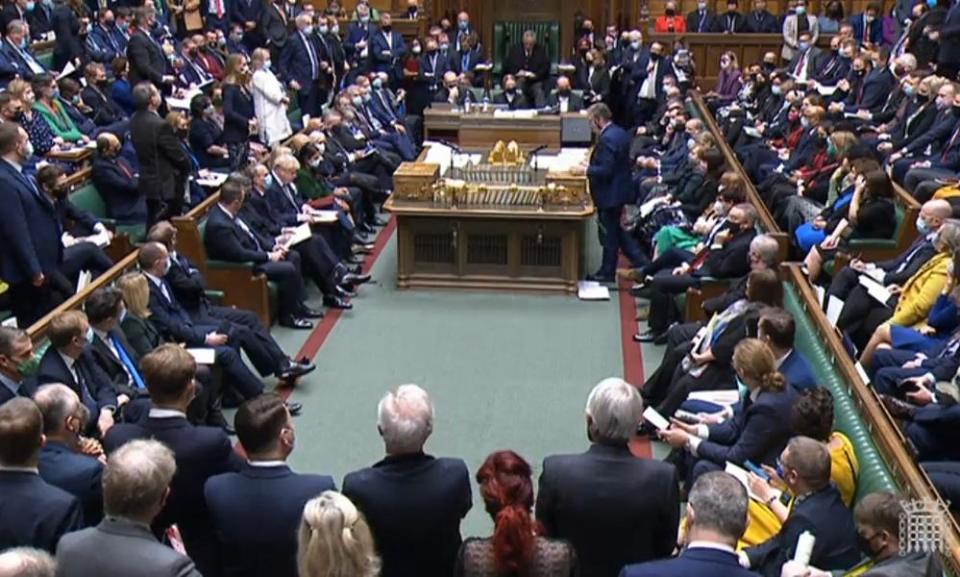Speaker calls for overhaul of UK parliament after series of scandals
Sir Lindsay Hoyle says MPs should no longer employ staff directly, following revelations involving bullying and harassment
A radical overhaul of the working practices in Westminster is being demanded by the House of Commons Speaker, in the wake of a series of scandals over sexual harassment and bullying that have rocked parliament.
After a week in which MPs and staff have spoken out over their treatment in the Commons, Sir Lindsay Hoyle said that a review of how parliament functions was now “urgently needed” following the damaging revelations.
Related: It’s time for a rethink on MPs’ role in staff issues
In what would be a major restructuring of how parliament operates, Hoyle wants to look at ending the current arrangements under which MPs employ their staff directly. Instead, he wants to create a system with an outside body employing staff. It would in effect provide an independent body to help MPs and staff with concerns.
Writing in the Observer, Hoyle states: “I believe it is time we reviewed our working practices, and particularly whether it is right that individual MPs are the employers of their staff. Should someone else – or an outside body – employ the staff, as long as the MP has the right to choose them?
“In my opinion, it is time to consider radical action, and review structures and processes that could make a difference. Some serious allegations have been made, and we must address them as a matter of urgency. It is imperative we do the right thing by staff and MPs as well.
At the end of the day, I want to make sure that everyone feels they have support and somewhere to turn – and to make this house not only a safe and inclusive place to work, but a model for other legislatures.”
The proposals come after a dismal few weeks for parliament’s reputation. Tory MP Neil Parish resigned on Saturday for viewing porn in the Commons chamber. Last week, Labour MP Liam Byrne was found to have bullied a former member of staff and will be suspended from the Commons for two days as a result. Earlier this month, Tory MP David Warburton was suspended from the parliamentary party after allegations relating to sexual harassment and cocaine use. Meanwhile, another Tory MP, Imran Ahmad Khan, has resigned after being found guilty of sexually assaulting a 15-year-old boy.

Commons staff have been pushing for an overhaul for some time. They have raised concerns that the independent complaints and grievance scheme (ICGS), set up in the wake of sexual harassment and bullying claims, remains a complicated, slow and often intimidating process. About 43 complaints against MPs have been investigated by the service in the past three years. It is understood that the number for the current year is similar to last year’s figure of 15 MPs.
Hoyle is working to form a “Speaker’s conference” – essentially a cross-party committee – to examine swift reforms and back an overhaul. Such a conference was last called in 2008 to examine the representation of women, ethnic minorities and disabled people in the Commons. The committee will hear expert evidence before finalising the reforms. It would have to be formally approved by the government and the Commons.
Jenny Symmons, chair of the GMB branch for members’ staff, said: “The current complaints procedure has brought us forward a long way as a workplace, even with its issues. But it hasn’t changed the culture of bullying and harassment that goes on in MPs’ offices. It’s time to address the issue further up the river. MPs are not in an appropriate position to manage staff and be responsible for their entire employment.
“We must bring in a new employment structure for parliament, where one overall body hires staff; [where] there is a formal HR department; and while MPs can still choose who they hire, they are no longer in the position of unabated power over their staff.”

 Yahoo News
Yahoo News 
